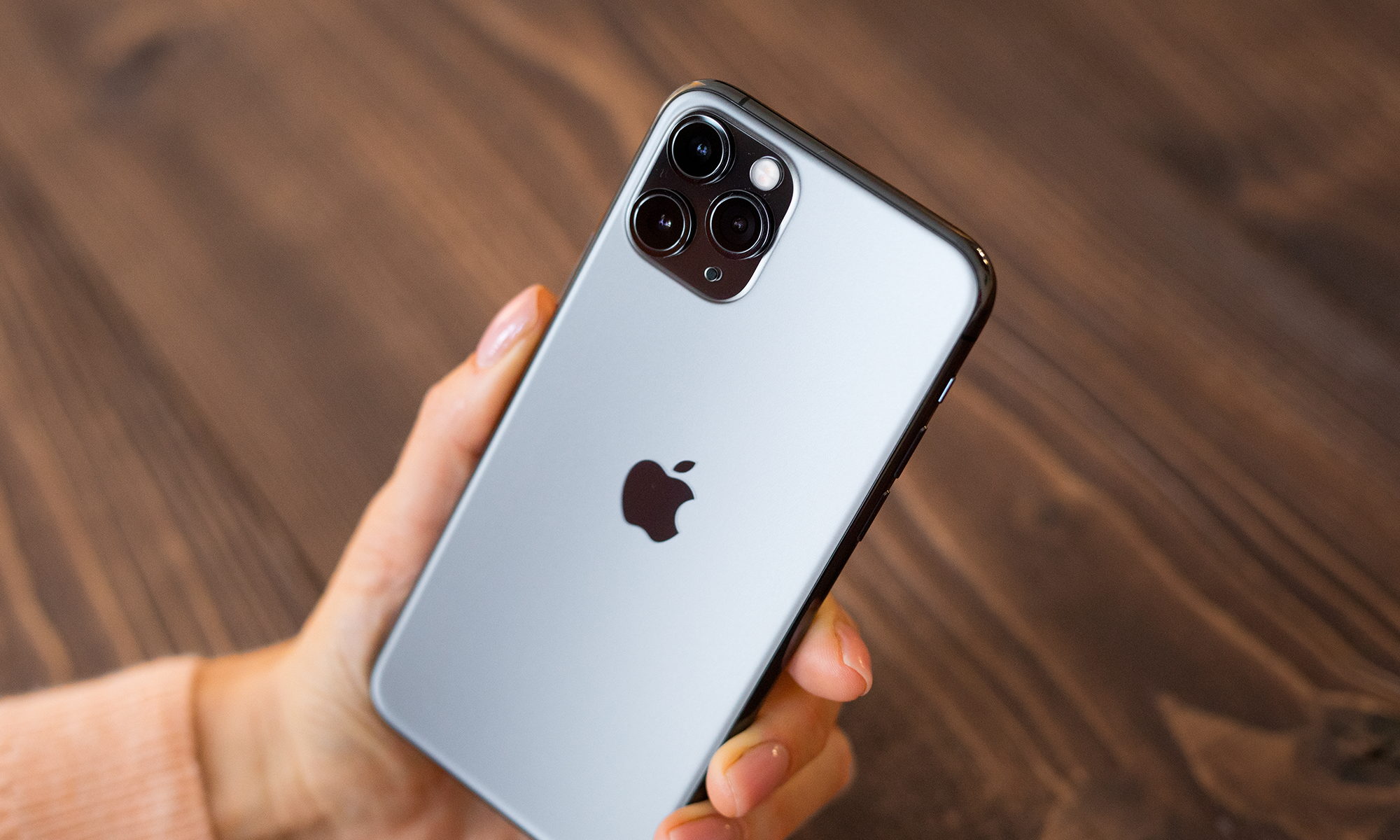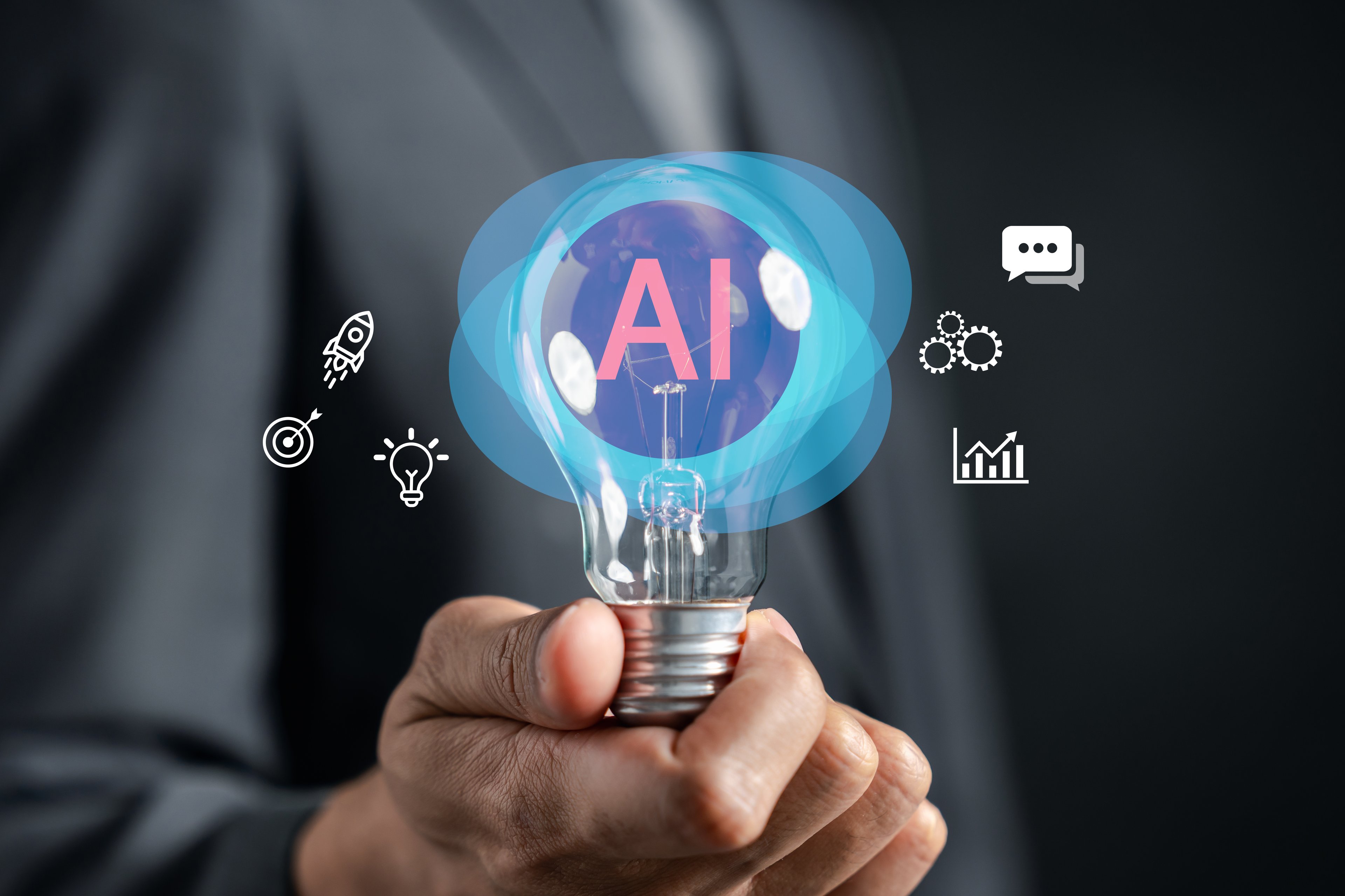Like any organization, Apple (AAPL +1.54%) has strengths and weaknesses. A successful organization doesn't need to be perfect -- by that standard, every organization on the planet is doomed to failure -- but it needs to have a strong set of core competencies that it arguably does better than most, if not all, of its competitors.
In this column, I'd like to go over three of Apple's core competencies that allow it to rake in the bulk of the smartphone industry's profits, time and again, and enjoy customer loyalty rates that other companies can only dream of.

Image source: Apple.
Retail presence
For years, Apple has continued to build out a substantial worldwide retail presence. Although Apple's products are available from many non-Apple retail stores, Apple's wide network of retail stores affords the company several significant advantages over its competitors.
Perhaps the most obvious one is that, when a customer browses in an Apple retail store, that customer's attention will be entirely focused on Apple products. By contrast, other retail stores that sell Apple products will almost certainly sell products from other vendors, as well, which makes it less likely that customers will choose to buy Apple products.
The company's retail presence isn't just about more effectively selling potential customers on Apple products, though. When it comes to support for Apple devices -- think repairs, replacements, and even just help setting up and using said devices -- customers can find it hugely beneficial to have a nearby Apple store with highly trained tech-support folks on staff for getting issues resolved quickly.
The peace of mind that comes with knowing that, if anything goes wrong with an Apple device, there's likely to be an Apple store nearby to help a customer get those issues resolved, is something that can surely motivate people to continue to buy Apple devices.
Software updates
One of the nice features of Apple's product lines is that Apple generally offers software updates for them for a long time. On top of that, when Apple pushes out software updates for its devices, those updates are available simultaneously for all users. That's a huge advantage, particularly for Apple's iOS-based products (iPhone and iPad) over their Android-based counterparts.
To put things into perspective, Apple's latest iOS 11 operating system is fully compatible with the iPhone 5s -- a smartphone that Apple launched all the way back in Sept. 2013 -- as well as the iPad Air, a tablet that launched back in Oct. 2013. iOS 11 was available for those devices on the same day that it was available for newer devices, too.
By contrast, the Samsung Galaxy S5, a smartphone that launched in April of 2014, was only officially updated to Android 6.0 (Marshmallow). The latest version of the Android operating system that's available today is Android 8.0 (Oreo).

Image source: Apple.
Apple necessarily puts in a lot of work to ensure support of its newest operating systems on older hardware. Not only does this cost Apple money -- engineering resources aren't free -- but it actually serves to lengthen the useful lives of its devices.
Though it may seem as though Apple is robbing itself of potential device upgrades, there will certainly be some, if not many, customers who will appreciate Apple's continued support of their devices. That appreciation could translate into current Apple device owners sticking with Apple when the time comes to buy a new device, which is a long-term win for Apple.
Industry-leading innovations
Apple is by no means the first to adopt every whiz-bang technology, nor has it always been on top of certain major industrywide paradigm shifts -- e.g., the move to large screens, the shift to streaming music from individual song purchases, and so on -- but more often than not, Apple has set the pace in terms of mobile-computing technology.
In 2013, Apple introduced fingerprint scanning technology that worked really well with the iPhone 5s. Shortly thereafter, Apple's competitors scrambled to replicate the technology. That same year, Apple was the first to shift to mobile processors with 64-bit support.
Since then, Apple has led the way in other technologies. The company was the first to mass produce smartphones with pressure-sensitive displays with the iPhone 6s generation, and it led the way with dual-lens camera systems with the iPhone 7 Plus. Then, recently, with the iPhone X, it introduced a 3D depth-sensing front-facing camera that implemented proper facial recognition and facial tracking technology that Apple's competitors are now seemingly scrambling to copy.
Apple has been, and continues to be, a mobile technology innovator, and it does an excellent job of getting users to care about those innovations by making them indispensable parts of the user experience.






